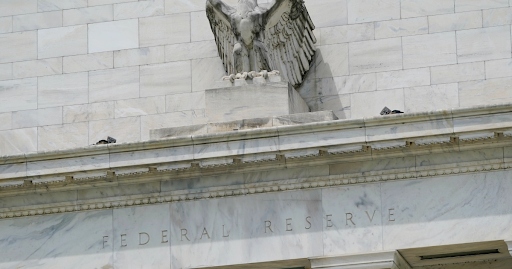Insider Trading Allegations and Probe for the Federal Reserve

Image Courtesy of Al Jazeera
By Chris Carey
The Regional Presidents of the Federal Reserve Banks in Boston and in Dallas, as well as the Vice-Chair of the Federal Reserve (Fed), are facing calls for a probe from Senator Elizabeth Warren (D-MA) following the news that they engaged in ethically questionable financial transactions while in their positions of financial power.
Further, the Federal Reserve Chair Jerome Powell announced that the Reserve would look into its ethics rules to reevaluate whether or not the presidents of the regional banks should be trading in markets that often experience changes based on the words and policies of those same presidents. He also stressed that the two presidents and the Vice-Chair acted in line with Fed policies.
Robert Kaplan, who serves as President of the Dallas Federal Reserve Bank made trades in the magnitude of millions through 2020, many of them coming before significant changes in federal monetary policy that would shift markets and result in his personal financial gain. Eric Rosengren, the President of the Boston Federal Reserve Bank, executed similar trades, as well as some real estate investments prior to those policy changes. Vice-Chair Richard Clarida moved a large amount north of $1 million from a bond-based account to one that rests in stocks before the sweeping policy changes. This shift was highlighted as a routine account balancing by the Fed, but some lawmakers have misgivings.
Speaking about these actions and the Fed’s response, Senator Warren said, “there is no justifiable ethics or financial rationale for him or any other government official to be involved in these questionable market machinations while having access to nonpublic information and authority over decisions that have extraordinary impacts on markets and the economy.”
Moving forward, an independent investigation by the Fed’s Office of Inspector General will assess the ethical and legal implications of such changes, and set into motion the possible policy changes that Chairman Powell may consider in order to maintain the respect and legitimacy that the Fed has been afforded for many years, in particular, due to its effective and swift response to the financial market challenges brought about by the coronavirus pandemic.
Additionally, and more immediately, both of the regional presidents have pledged to sell all of their assets involved in the transactions in question, and to invest them in more general market funds that will perform well or poorly depending on the entire market, not just on individual policy implications.
Brookings Institute Senior Fellow Norman Eisen weighed into the conversation, expressing his concern that due to “the extraordinary influence of senior officials at the Fed on bond and equity markets, those questions are legitimate,” when referring to the inquiries made by Senator Warren. Eisen served as an ethics expert and official during the Obama administration and is an important voice for those at the Fed, as well as for the lawmakers looking into this matter.
As an immense player in the international conversations about economic stability, the Fed has an understanding of the intensity that even an appearance of unethical behavior can cause. In response to the initial letter sent by Senator Warren, a Fed statement put it best: “The trust of the American people is essential for the Federal Reserve to effectively carry out our important mission.”








